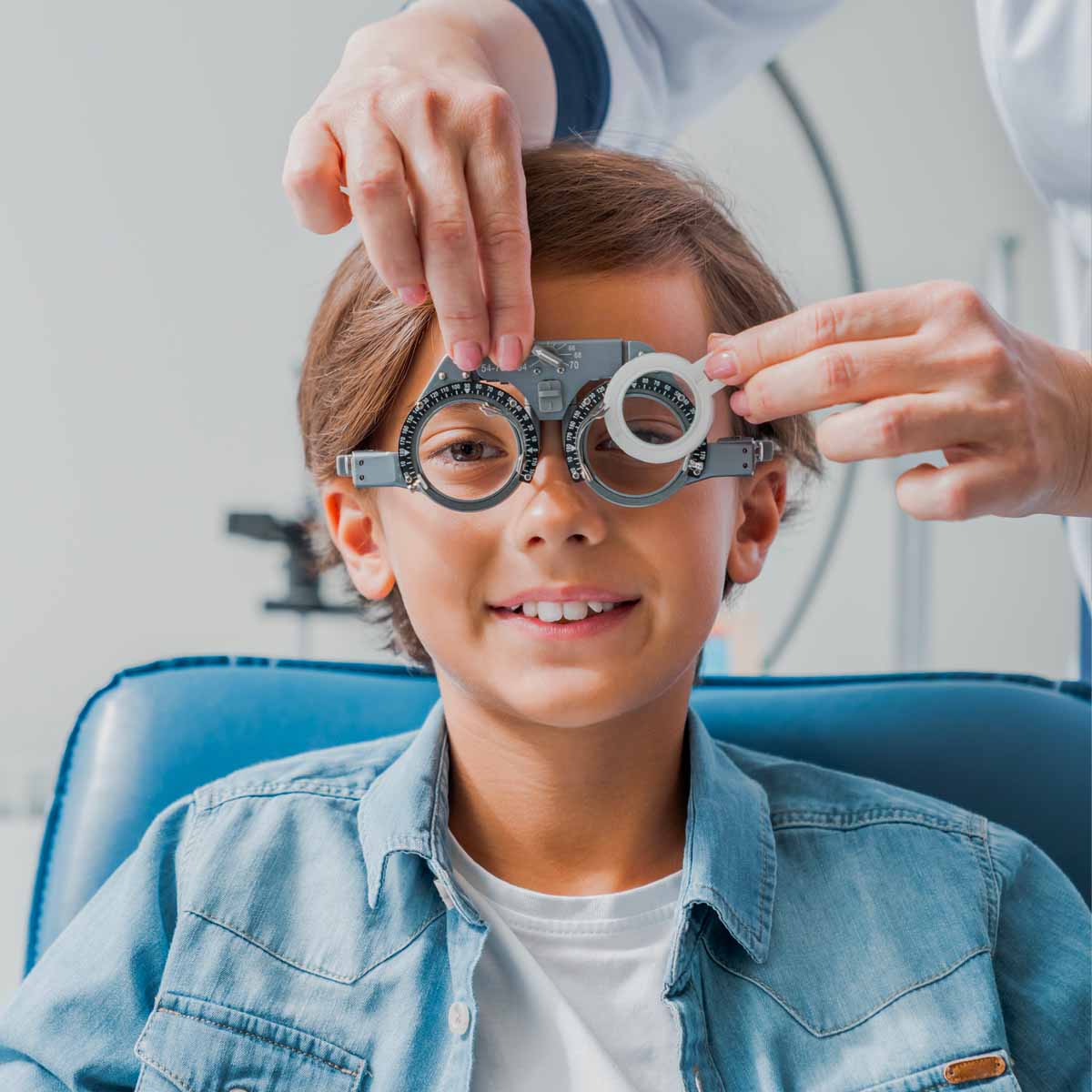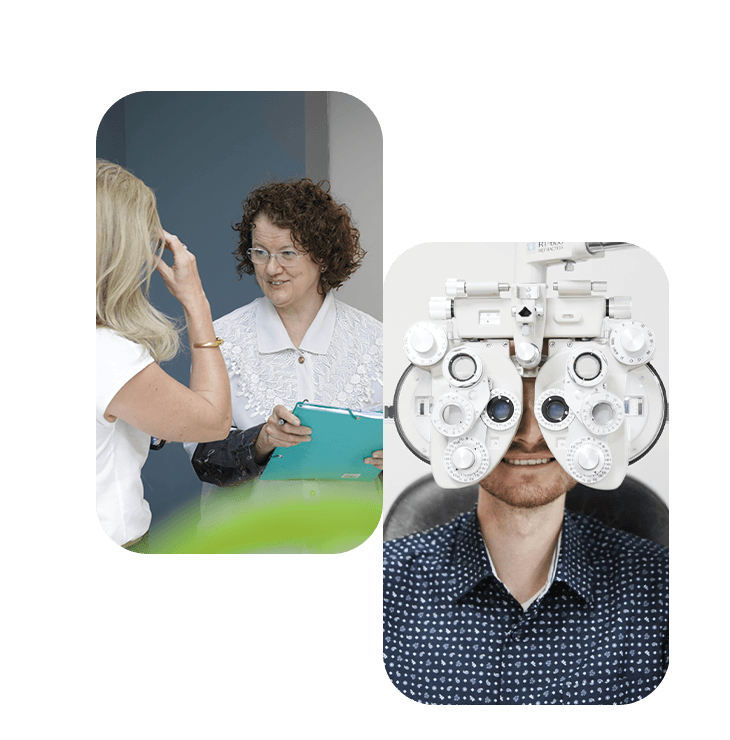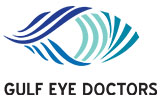Eye Care Designed for You
We provide the highest level of eye care in the safest possible environment for your family.
Make an Appointment
Online Schedule

Squint (Strabismus) Correction in Dubai
Learn more about about Squint (Strabismus) and available correction methods.
A squint (medical term strabismus) refers to a condition where an individual’s eyes point in different directions. One of the eyes may look up, down or sideways while the other eye looks straight ahead. This misalignment can distort one’s visual perception. It can also affect one’s personal and professional life. When left untreated, strabismus can lead to serious vision problems.
Patients who sought help from our squint specialist in Dubai at the first sign of the condition were able to benefit from early treatment. The risk of related complications also reduces significantly with timely professional intervention. When you book a consultation with us, you will be asked to undergo some diagnostics tests. In consultation with your eye doctor, a treatment plan will be developed according to your specific needs.
Strabismus, (also called a squint) is characterized by a misalignment in the eyes’ movement and orientation. While one of the eyes looks ahead, the other eye points upward, downward or sideward. The condition can pose significant vision issues and may lead to serious eye health complications if left untreated. As such, it is important to get early treatment, such as wearing glasses or contacts for strabismus as prescribed by the eye doctor.
Adults can also acquire the condition due to certain medical issues, head trauma or a side effect of an operation. But a squint commonly occurs in early childhood. What makes it worrying for parents is that strabismus at an early age does not only cause vision problems. It can also affect the overall learning and development of the child.





Squint (Strabismus) Correction FAQ's
What treatment/correction methods are available for a Squint (Strabismus)?
Strabismus correction may include the following treatment approaches:
- Performing eye exercises designed for better eye muscle movement control
- Wearing a patch over the unaffected eye
- Wearing eyeglasses as prescribed by the doctor
- Getting injections that work by helping the eyes align better
- Undergoing strabismus surgery, for cases where all the other methods have been unable to produce sufficient results.
Specialized Glasses as a Treatment for a Squint (Strabismus):
The doctor may prescribe glasses for strabismus fitted with a unique kind of lens specifically designed for cross-eye correction and squint correction. This type of lens usually features a prism structure that enables the glasses to control the light that enters the eye. The corrective glasses method has been known to significantly reduce misdirected gazes and in some cases, cure the condition for the long term.
Alternative Treatment Options for a Squint (Strabismus):
Aside from strabismus glasses, other methods of correction include eye exercises, vision therapy, medication and surgery. Contacts for strabismus may also be prescribed to older children with active lifestyles.


